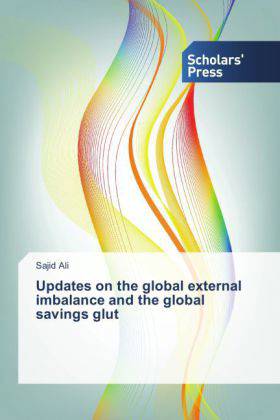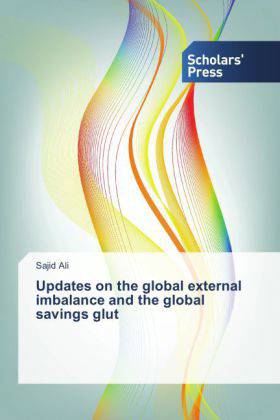
- Afhalen na 1 uur in een winkel met voorraad
- Gratis thuislevering in België vanaf € 30
- Ruim aanbod met 7 miljoen producten
- Afhalen na 1 uur in een winkel met voorraad
- Gratis thuislevering in België vanaf € 30
- Ruim aanbod met 7 miljoen producten
Zoeken
€ 62,45
+ 124 punten
Omschrijving
Central to the issue of global external imbalance, this study uncovers the role of the global savings glut thesis in explaining the current account deficit of the United States. We analyzed for 28 current account surplus economies and tested if their financial accounts drive the current account deficit of the United States using the augmented vector autoregressive method. Given that aggregating different components of the financial account into one account may blur the effect of each individual component, the direct and reverse causal relationships between the components of financial account and the United States current account deficit were also examined. We demonstrated that external and internal factors are causing the current account deficit of the United States. Moreover, the heterogeneity in adjusting the external imbalances of the sampled panel implies that the global external imbalance may persist as long as the world economies are liberalizing financial accounts.
Specificaties
Betrokkenen
- Auteur(s):
- Uitgeverij:
Inhoud
- Aantal bladzijden:
- 60
- Taal:
- Engels
Eigenschappen
- Productcode (EAN):
- 9783639710922
- Verschijningsdatum:
- 22/04/2014
- Uitvoering:
- Paperback
- Afmetingen:
- 150 mm x 220 mm
- Gewicht:
- 100 g

Alleen bij Standaard Boekhandel
+ 124 punten op je klantenkaart van Standaard Boekhandel
Beoordelingen
We publiceren alleen reviews die voldoen aan de voorwaarden voor reviews. Bekijk onze voorwaarden voor reviews.







